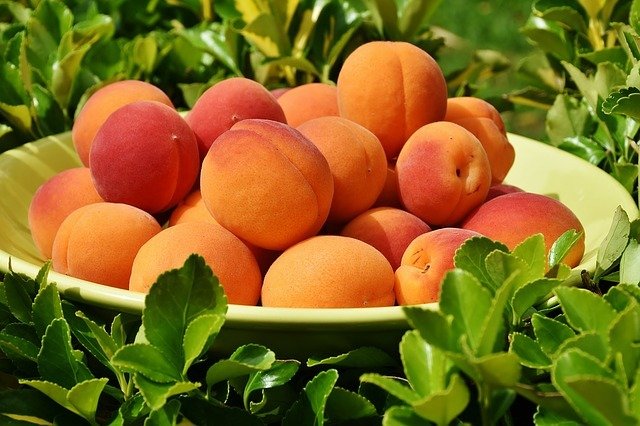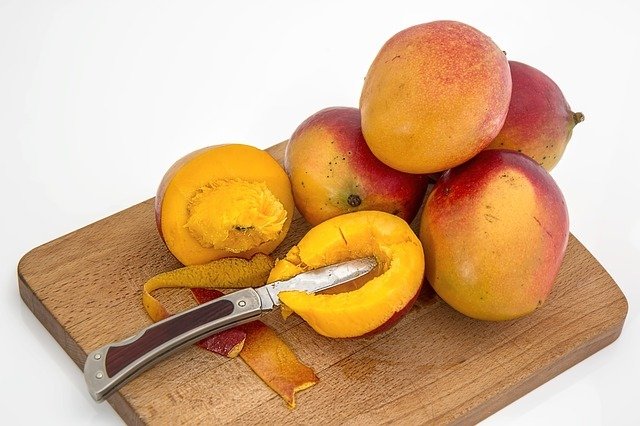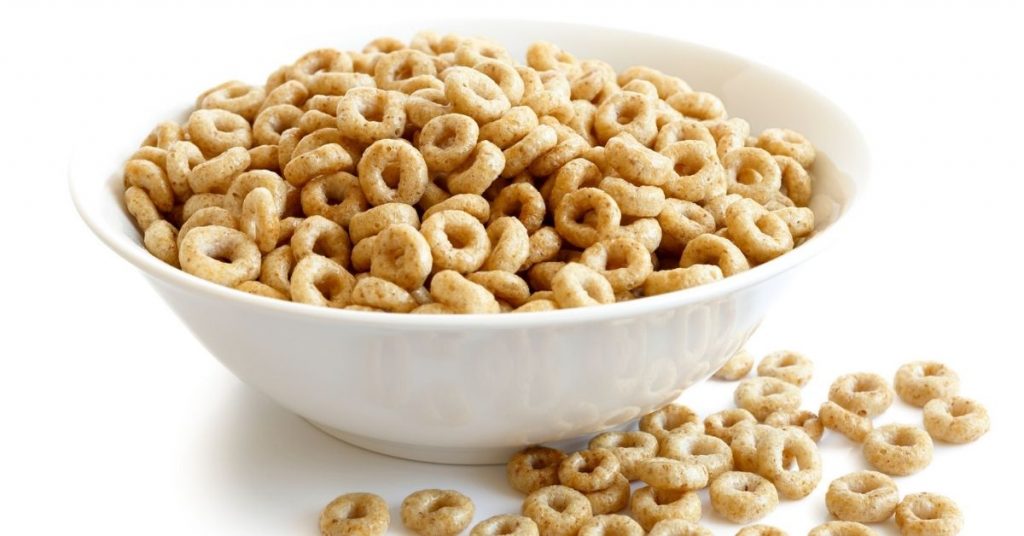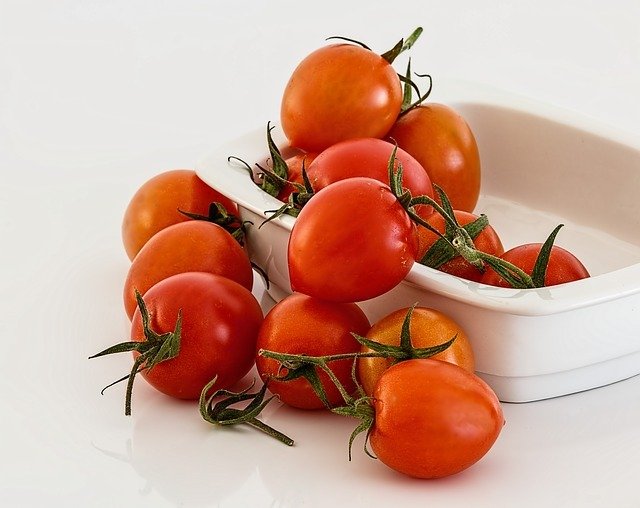
Our canine companions are often seen accompanying us as we enjoy outdoor activities and other family events.
In fact, many of them wish to be involved so much that they will attempt to swipe a burger or other foods from our dinner plates.
While this is a bad habit that dogs should not be encouraged to do, there are some human foods that they can enjoy with us that is not necessarily bad for them.
However, there are various human foods that are not safe for our pups to consume. Is cauliflower a safe human food, or, is it dangerous and something to be avoided? Let’s dig into the facts and find out!
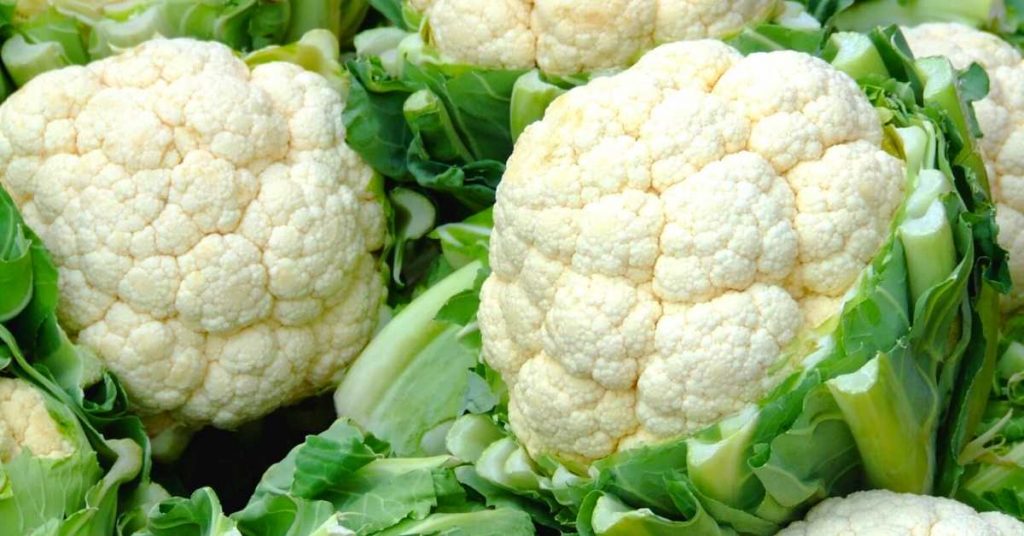
What Is Cauliflower?
Cauliflower is a white vegetable of the cabbage family. The white, edible part of the plant is considered the “flower” or “head.” It is very similar to broccoli in appearance (with the exception of the color).
The earliest recording of cauliflower is dated all the way back to the 6th century B.C. Later, in the 12th century, three different types of cauliflower were discussed in Spain. They were said to have been introductions from Syria.
In the 16th century, the cauliflower varieties were introduced to France and then finally to India in 1822.
As a whole, there are four different classifications of cauliflower. The Italian group of cauliflower is also white in color. However, they also include browns, greens, purples, and yellow cauliflower color varieties.

The Asian classification of cauliflower is more tropical and is very popular throughout China and India. This variety was first produced in India during the 19th century.
The Northern European Annual type of cauliflower is common in Europe and North America during the summer and fall harvest seasons.
This variety was first produced in Germany in the 18th century. Finally, the Northwest European Biennial type of cauliflower is popular in Europe during the winter and also in the early spring harvest season.
This cauliflower variety was first produced in France in the 19th century.
As previously mentioned, there are multiple different color variations to cauliflower depending on the country. White is clearly the most commonly encountered color variety of the vegetable.
However, there are a few others to be aware of. Orange cauliflower, for example, is a type that contains about 25% more Vitamin A than the regular white cauliflower mixture.
The orange cauliflower was initially seen as a “mutant” variety that was first developed in Canada. The green colored cauliflower is often referred to as the broccoflower. This variation can be found with a spiral curd or an average curd.
You may also be fortunate enough to find this cauliflower coloration in your supermarkets (if you live in the United States or Europe).
Finally, the purple colored cauliflower variation has acquired its unique and vibrant color from the presence of an antioxidant group called anthocyanins.
Can Dogs Eat Cauliflower?
Now that we are aware of the different cauliflower variations, it is safe to assume that the cauliflower that you would be potentially serving your canine would be the regular white cauliflower found in Europe and North America.
For the sake of the discussion in this article, I will be referring to this type of cauliflower. For information on other types and their potential benefit to your pooch, please speak to a veterinarian or other professional.
In short, yes dogs can, in fact, eat cauliflower. Cauliflower and Broccoli alike can provide beneficial elements to our furry family members, although limiting their consumption is vital for your nostrils as well as their gastrointestinal tract.
If your pooch were to eat a large quantity of cauliflower, then you will likely need to open the windows to let his raunchy flatulence escape.
Also, a significant portion may make his digestive system go into overdrive, in which case he will need to have easy access to his green space.
Cauliflower can be offered either cooked or raw. However, you should be sure to rinse it well before allowing your pooch to perform a taste test.
Rinsing it will prevent your pup from consuming potentially harmful pesticides or the pests themselves. Cauliflower is an excellent additive to anyone’s diet as it is a vegetable that contains multiple varieties of vitamins and antioxidants.
Many of these beneficial aspects in foods like cauliflower can even help to reduce inflammation.
For example, if you or your pooch suffers from arthritis then consuming a small amount of cauliflower may contribute to reducing the inflammation and pain associated with it.
The first time you introduce cauliflower to your pup, it should be a small portion. This is a good rule of thumb to keep in mind whenever you are considering allowing him to try something new.
Cauliflower or broccoli can be offered raw or cooked. However, the leaves and stems should be removed prior to consumption.
You should also make sure that you cut up the vegetable into bite-size pieces that are suitable for your particular dog breed.
Steaming the vegetables is the best option if you are going to cook it before serving it. Frying or boiling can remove many of the essential nutrients and can actually add calories if cooked in oil or butter.
You may enjoy cauliflower or broccoli with salt, pepper, and butter, but, your pooch should go without and simply eat it plain.
Another great aspect of this vegetable is that it contains isothiocyanates and phytonutrients that may be effective in preventing cancer and various other diseases.
Cauliflower is a perfect source of fiber which can aid in your pup’s digestive system as well as your own. As an added benefit, cauliflower is low in calories which can significantly benefit your pooch if he is overweight.
What about broccoli?
Broccoli is very similar to cauliflower and will benefit your pooch in many of the same ways! Either vegetable is considered a healthy option for your pooch on occasion.

However, broccoli contains higher levels of Vitamin A and Vitamin K. Broccoli also contains higher levels of fiber and a variety of other essential nutrients.
Final thoughts to sum up:
Cauliflower and broccoli are excellent treats to offer to your canine companion. If you choose to do so, be sure that the vegetables are rinsed, chopped, and plain.
Your pooch should only consume these vegetables on occasion as they do cause flatulence and potentially disrupt the digestive system. They are a healthy choice for you and your pup to enjoy together in the park or during dinner at home.
Finally, seek the opinion of your veterinarian or other canine professional before providing these veggies to your particular pooch. They will be able to tell you if your pup suffers from a health condition that would be made worse by consuming cauliflower or broccoli.


